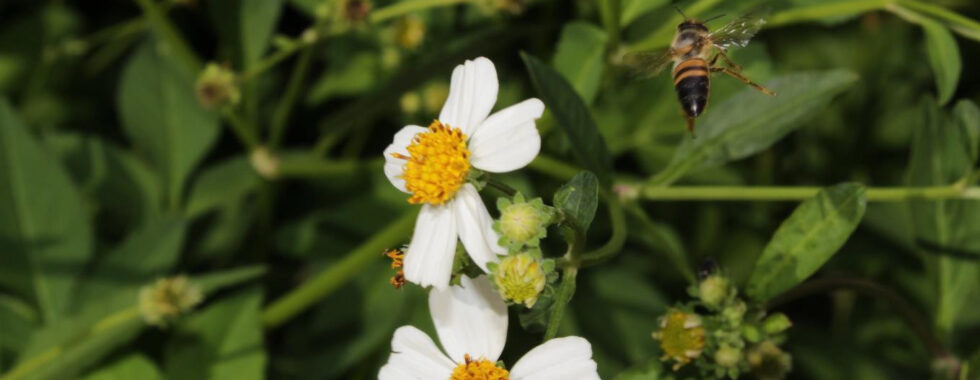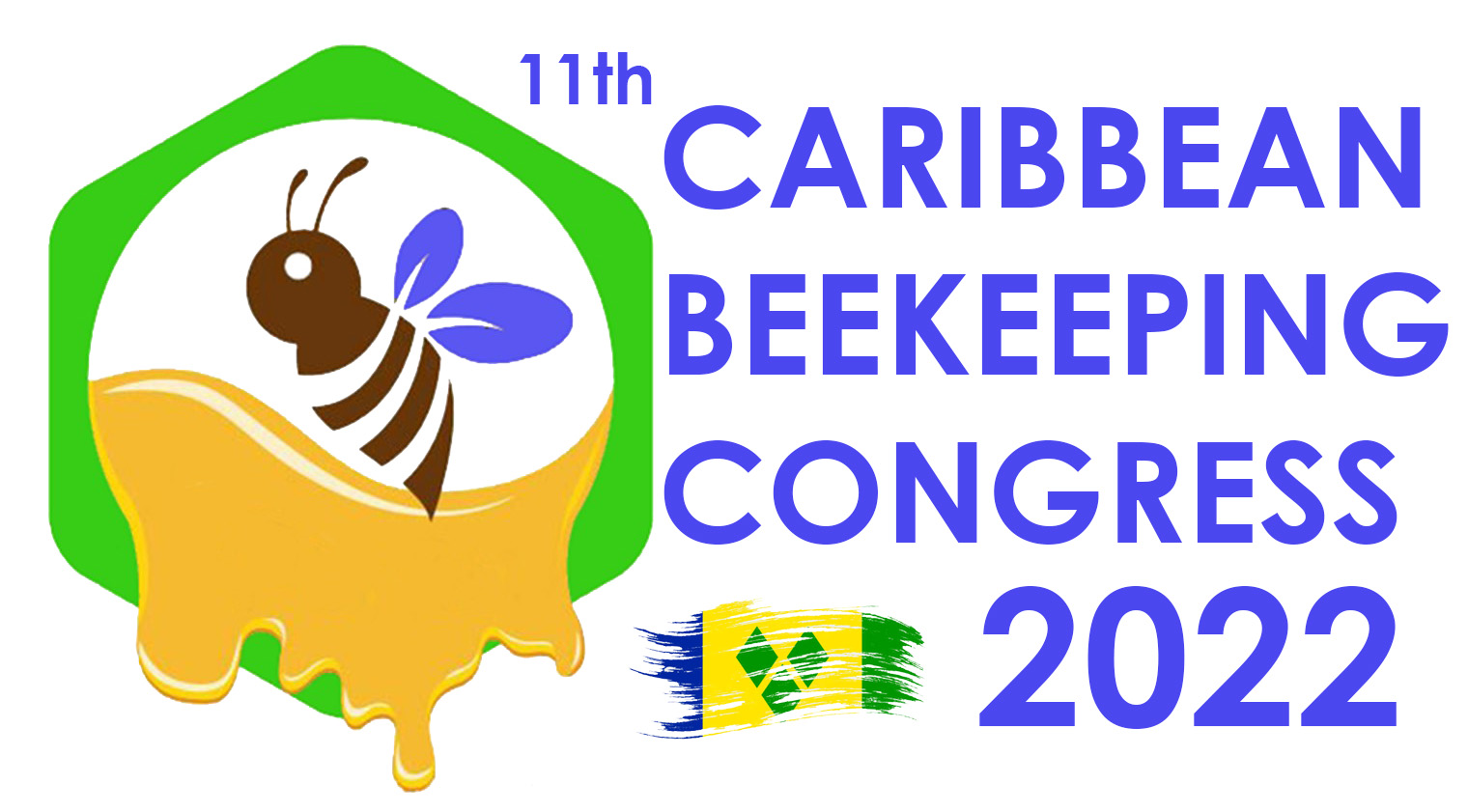Citizen Scientists to the rescue of our OOOs!
One of the joys any person can witness is the fascination experienced by young children exploring the world around them. Plants and their flowers, animals and their antics are a focus of curious minds. Some of us never outgrow this natural curiosity, even as we mature and attend to the challenges of daily life. At this time in our development, however, taking nature for granted is not an option, as these “OOOs” or “often-overlooked organisms” play a pivotal role in our sustainability. If never done before, now is the time to pay attention to some of the smaller representatives of our biodiversity – our pollinators. The opportunity exists to contribute as citizen scientists to the conservation of our species, using a readily available, online platform.
Valuing our pollinators
The constantly changing global economic and political landscape and the impacts of la Niña have prompted thinking on ways in which we can and must ensure our own food security. Since the Covid19 pandemic arrived on our doorsteps in 2020, people have paid more attention to the idea of ‘planting something’ to rear their own food, others even became overnight ‘agri-preneurs’, generating income from the sale of local produce. We can all try to grow our own food, but there is a critical element these plants need to come to fruition: the pollinator.
Pollinators are often small organisms which have the biggest role in food production. They carry out the act of transferring pollen between flowers of a plant or similar plants which precedes fertilization of female reproductive parts of the flower, allowing fruit to develop and seeds to be produced. We can plant as many plants as we wish, but if pollinators are unable to thrive, the production of the food we need for survival is negatively impacted. But perhaps we do not know these important organisms, so here is where your citizen scientist role is needed: linking with the iNaturalist platform!
Making an important contribution
iNaturalist (https://www.inaturalist.org/) is an online facility powered by a global network of naturalists, researchers, biodiversity specialists and citizen scientists who map and share observations on global biodiversity. By simply taking a photograph of a living organism and uploading the photograph to iNaturalist, a person can get the organism identified, contribute to the documentation of the country’s biodiversity and build his/her own knowledge of “what we have right here”.
In 2019, the Environmental Policy and Planning Division, Ministry of Planning and Development (MPD) set up a project on iNaturalist entitled “Pollinators and Pests of Trinidad and Tobago” – https://www.inaturalist.org/projects/pollinators-and-pests-of-trinidad-and-tobago . In just four years, 2967 photographs were posted to the project, documenting local species. Why is this important? We need to maintain our pollinator fauna to maintain our agricultural production and other ecosystem services; if we do not know what we have, we stand a chance of killing the goose that lays the golden egg, or in this case, the pollinators that help us feed ourselves.
A simple activity that goes a long way
The Biodiversity and Ecosystems Network Trinidad and Tobago (BES-Net TT) project which is jointly administered by the Ministry of Planning and Development (MPD) and the United Nations Development Programme (UNDP) recently hosted a webinar on iNaturalist. Attendees were guided on how to use iNaturalist to contribute to the local project on pollinators and pests. A recording of the webinar is available at https://www.facebook.com/besnet.tt/videos/. Why not take some time to introduce yourselves, youngsters and families to this simple activity that can assist in preserving our pollinators and our food security? Visit the iNaturalist platform and begin to make your important citizen scientist contribution today to save our OOOs!
For more information on the Trinidad and Tobago component of BES-Net TT, please contact:
BES-Net TT Project Management Unit
Environmental Policy and Planning Division, Ministry of Planning and Development
Level 7, Tower C, International Waterfront Complex,
Wrightson Road, Port of Spain e-mail address: besnet.tt@gmail.com
Visit the project webpage at: http://biodiversity.gov.tt/index.php/bes-net.html
Follow on Social Media:


